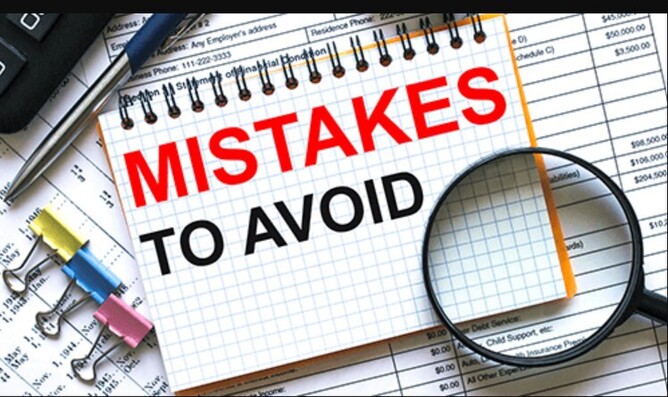Business owners usually have long term visions for their enterprise, but most business failures happen quickly, before the owner is able to change course or implement strategies that will correct the situation. The fatal gap between planning and performance is often the result of one of the following set of factors, although two or more of these can occur simultaneously and accelerate the organisation’s demise. Take a close look at your own business and be sure none of these are taking shape under your nose while your eyes are focused on the horizon.
1. The business becomes undercapitalised
Entrepreneurs are never risk averse to the same degree as bank managers and insurance companies. Their optimism can allow them to become exposed to a situation where the cash runs out and the business has to shut its doors. Most businesses operate on some sort of external finance, but the wise business owner has access to additional funds for those times when the cash on hand is inadequate. This gives them the option of tapping into extra funds if the shortfall is only temporary. You might have to sell part of the business or borrow against personal assets; whatever course you take, be sure to have it lined up well in advance of the time when it may be needed. A fallback source of finance is an essential for any business.
2. Products are ageing or becoming unfashionable
All products have a life cycle, from their launch to eventual withdrawal from the market. During this time the price goes from premium when new, to discount when old. Businesses that hang on to the same old products and don’t develop replacements or adjust their pricing policies throughout the cycle will eventually lose customers as better options come onto the market. New businesses often start up with older products or products that have peaked and are on their way down. Even if their entry into the market was inexpensive their future will be short. Monitor the marketplace constantly and know where your products are in their life cycle. Replace ageing products before they have to be discounted or written off.
3. Sales and expenses forecasts aren’t being met
Business plans always involve estimates of sales and the expenses required to achieve them. Because there usually has to be an investment before income is generated, it’s easy for a business to spend too much before it becomes aware that forecast sales levels will never be reached. Your business should have in place a system of KPIs (Key Performance Indicators) that include monitoring of both sales and expenses and tracking them against the plan. Have strategies worked out to deal with variations from the plan; be sure the strategies are realistic and implement them without delay when the alarm goes off.
4. Marketing is becoming ineffective
Even if your products are in demand you still have to market them well. The best products won’t sell themselves; you have to create a marketing plan that will attract your target audience and convince them to purchase these products from you. Too many SMEs market in an unplanned, haphazard manner with poor media selection and badly communicated messages. They don’t spend enough, and as a result what they do spend is wasted. Use the services of a marketing expert, at least to develop a marketing strategy when you’re planning the year ahead. Work to a plan and monitor progress against it. Ad hoc marketing is usually a failure.
5. The risks in the outside world are ignored
Every business is affected by conditions outside its control. Economic swings, the arrival of new competitors, natural disasters and supplier failures are just some examples of these. You should be aware of the potential risks and manage them appropriately. Workshop with your team and advisers to identify the risks your business faces. Create a response for each risk that will enable you to continue trading and minimise the impacts on your business. Take out insurance cover for those risks that can be insured against, and safeguard your premises, your people and yourself.

